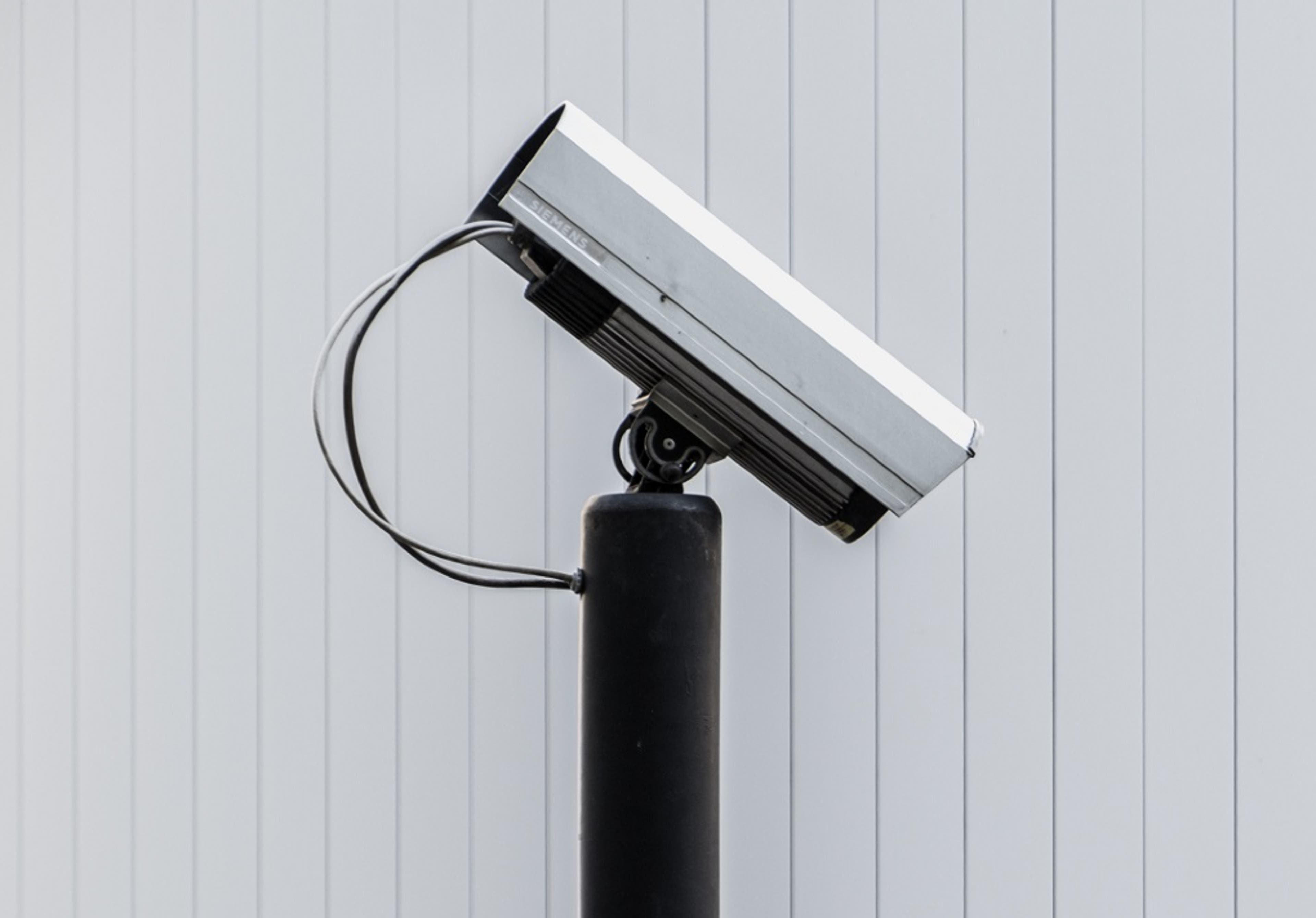I wonder if they will ever come up with a specific term for a particular phenomenon we have all faced at one time or another. You know the one where you scroll through an endless amount of content on the endless amount of streaming services in existence, only to fall back and watch a TV show or a movie you've seen two dozen times.
Streaming-induced mental paralysis? Pre-frontal content overload? Fear of commitment?
Regardless of what it's labeled, the inability to make a sufficient choice is frustrating. I bring this up because I was doing this exact activity on the still-questionable titled Peacock streaming platform when I came across a television show that caught my eye.
The program is called "Intelligence," and it stars bottom-tier "Friends" star David Schwimmer as an agent for the U.S. National Security Agency who is sent to help the cybercrime division of the U.K. Government Communications Headquarters.
Two thoughts went through my head when I took a look at the show and watched the trailer. First, it didn't look particularly good. (An honest review of the show's first season may appear in this space. Pardon the pun, but stay tuned.)
The second thought was that this was one of the very rare instances in pop culture where surveillance has been played for comedic effect.
Of all the privacy-adjacent topics in existence, no other lends itself better narratively than surveillance. The idea of a powerful force monitoring others, often with malicious intent, is one that has powered countless stories throughout time.
That's not to say other privacy subjects haven't made their way into different mediums. "Assassination Nation" presented a satirical look at the outrageous side-effects a small town experiences when a slate of sensitive images are leaked to the public, and "Face/Off" taught us the importance of keeping one's face safe from Nicolas Cage. But as we have seen time and time again, surveillance has had a richer history in the arts.
It also means you shouldn't expect "Confessions of a Privacy Professional: A Hulu Original" any time soon.
Easily the most famous example of surveillance-themed media is George Orwell's "Nineteen Eighty-Four." The novel popularized terms such as "Orwellian" and "Big Brother" as synonyms for a surveillance state. The ubiquity of these terms has now slowed down even slightly in the 72 years since the novel has been published.
The novel's plot has been the engine that has driven stories for decades now and is likely the reason why stories centered around surveillance have continued to resonate.
Those stories range from similar tales of a totalitarian regime weaponizing surveillance to keep a populace under control," such as "V for Vendetta," to smaller-scale stories where surveillance has eroded the protagonist's sanity. The latter is best exemplified with "The Conversation," as Gene Hackman stars as a surveillance professional who overhears a potential murder plot, which eventually drives him to immense, destructive paranoia.
All of these stories share a common thread: They are immensely dramatic in nature. The closest a popular surveillance story comes to having any form of levity is likely "Brazil," Terry Gilliam's satirical take on Orwell's book. The film is a black comedy, but without going too deep into spoiler territory, it concludes the same way plenty of similar stories ultimately do. What I'm trying to say is don't expect the ending to be a happy one.
It's ultimately what makes "Intelligence" such an anomaly. The reason why surveillance is such a heavy topic in pop culture is that it's a serious topic in our daily lives. Whenever the topic of surveillance makes the news, it's never presented in the feel-good manner normally reserved for stories about animals running for public office.
When surveillance is in the news, you can bet it might be tied to a government agency's mass surveillance program or instances where the collected information from those dragnets could be used against marginalized communities.
Even the agency at the center of "Intelligence" made headlines for its surveillance practices. In 2018, the European Court of Human Rights ruled the GCHQ violated Article 8 of the European Convention on Human Rights through its bulk intelligence program. It was only a few months later when the agency decided to increase its use of large-scale data hacking.
It may just be me, but I'm having a hard time finding a laugh here.
I'm not here to tell you the premise of this small sitcom is inherently offensive. Personally, it elicited more of an eye roll than anything else. It's just notable in that it flies against how surveillance has been historically treated in pop culture, as well as the realities of its real-world impact.
Maybe that's what Big Brother wanted all along.
Photo by Benedikt Geyer on Unsplash

